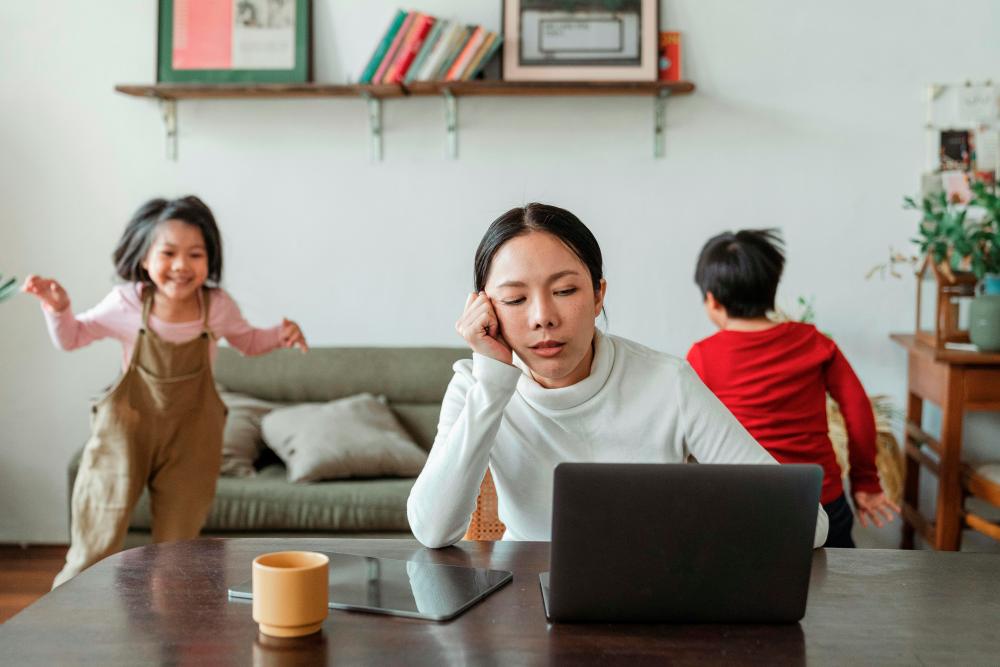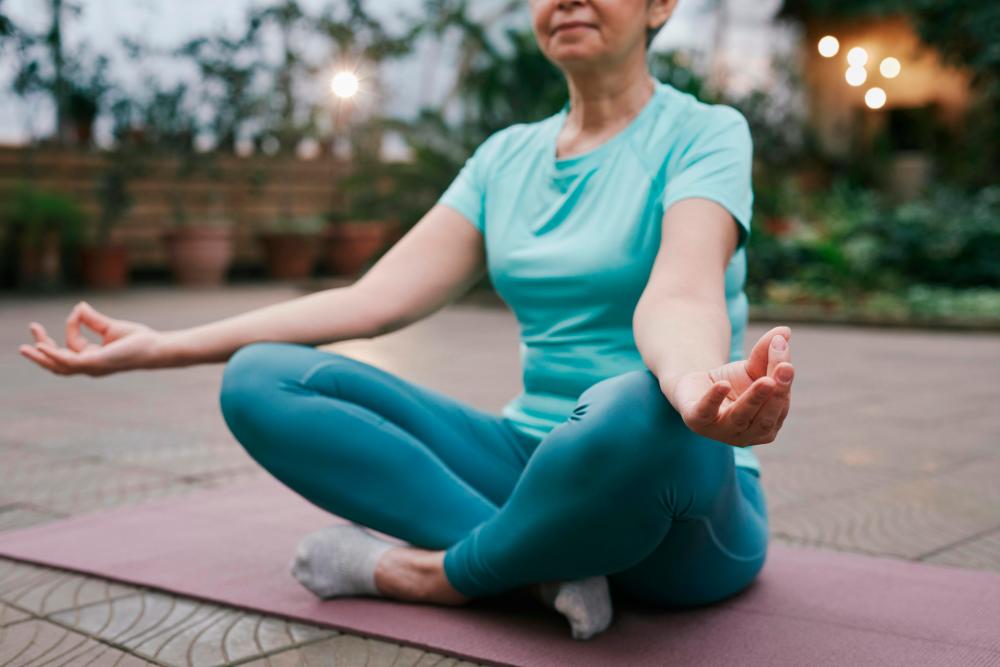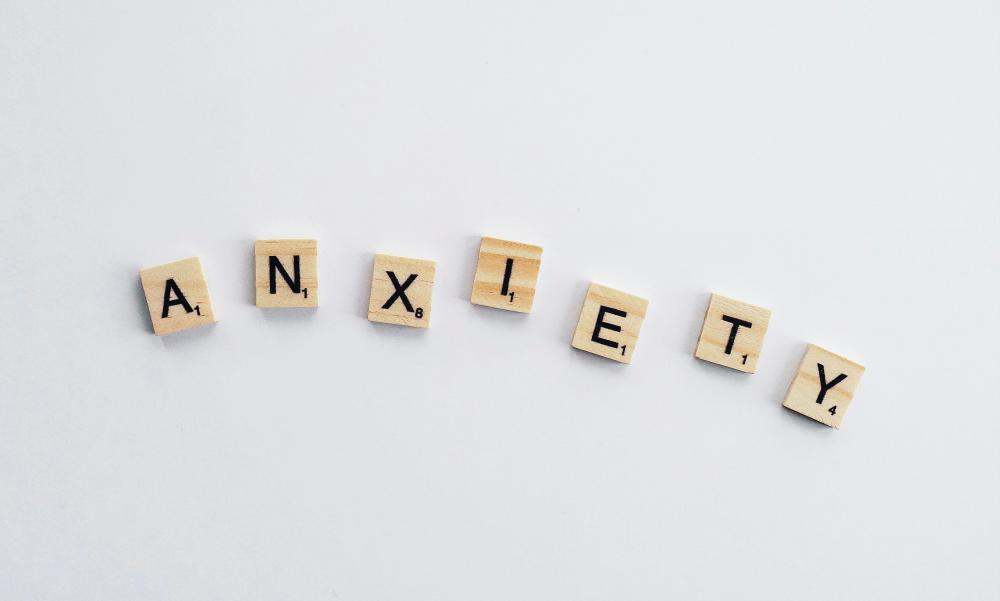ANXIETY is a common experience in our life. Feelings of anxiety can be overwhelming and persistent whether it is due to work pressure or personal issues. However, understanding and implementing effective strategies can significantly help in managing and alleviating anxiety. Here are some key approaches to dealing with anxiety.
Understanding anxiety
Anxiety is a natural response to stress, characterised by feelings of worry, nervousness or fear. It is important to acknowledge anxiety is not inherently negative as it can serve as a motivator in certain situations. However, when anxiety becomes chronic or disproportionate to the situation, it can interfere with daily life.
Identifying triggers
The first step in managing anxiety is identifying its triggers. Triggers can be specific situations, people, places or even thoughts. Keeping a journal can be helpful in recognising patterns and pinpointing the exact causes of anxiety. Once triggers are identified, it becomes easier to develop strategies to avoid or cope with them.

Mindfulness and meditation
These are powerful tools in managing anxiety. Mindfulness and meditation involve focusing on the present moment and accepting it without judgement. Regular mindfulness practice can help reduce the tendency to ruminate on negative thoughts and worries. Techniques such as deep breathing and progressive muscle relaxation can also help calm the mind and reduce anxiety.
Physical activity
Regular physical activity has been proven to reduce anxiety levels. Exercise releases endorphins, which are natural mood lifters. Activities such as walking, running, yoga and dancing can significantly reduce symptoms of anxiety. Incorporating physical activity into your daily routine can provide a healthy outlet for stress and anxiety.
Healthy lifestyle choices
Maintaining a healthy lifestyle is crucial in managing anxiety. A balanced diet, adequate sleep and avoiding stimulants such as caffeine and alcohol can help regulate mood and reduce anxiety symptoms. Establishing a routine that includes time for relaxation and self-care is also important.

Cognitive behavioural therapy (CBT)
CBT is a widely used and effective treatment for anxiety. The method involves working with a therapist to identify and change negative thought patterns and behaviours that contribute to anxiety. Through CBT, individuals learn coping skills and strategies to manage their anxiety effectively.
Building a support system
Having a strong support system can make a significant difference in managing anxiety. Friends, family and support groups can provide emotional support, practical help and a sense of belonging. Sharing your feelings and experiences with others, who empathise with individuals suffering from anxiety, can be incredibly therapeutic.
Professional help
If anxiety becomes overwhelming and unmanageable, seeking professional help is crucial. Mental health professionals such as therapists and psychiatrists can provide treatment options, including therapy and medication. Professional help can offer a structured and effective approach to managing severe anxiety.
Self-compassion
Practising self-compassion is essential when dealing with anxiety. It is important to recognise everyone experiences anxiety and that it is okay to feel anxious. Being kind to yourself, acknowledging your efforts and avoiding self-criticism can help in managing anxiety effectively.

Setting realistic goals
Setting realistic and achievable goals can help in reducing anxiety. Break down larger tasks into smaller, manageable steps and celebrate your achievements along the way. This approach can prevent feelings of overwhelm and provide a sense of accomplishment.
Limiting exposure to stressors
Limiting exposure to stressors, particularly those within your control, can help manage anxiety. For example, taking breaks from social media or news can reduce anxiety triggered by constant exposure to negative information. Creating a peaceful environment at home and setting boundaries in relationships can also reduce stress.
Practising gratitude
Practising gratitude can shift focus from anxiety-provoking thoughts to positive aspects of life. Keeping a gratitude journal and regularly noting things you are thankful for can improve your overall mood and reduce anxiety. Focusing on the positives, no matter how small, can provide a sense of perspective and balance.
Dealing with anxiety is a process that requires patience, practice and persistence. By understanding anxiety, it is possible to manage and reduce it. Remember, it is important to seek help when needed and to be kind to yourself throughout the process. With the right tools and support, managing anxiety is entirely achievable, leading to a more peaceful and fulfilling life.









